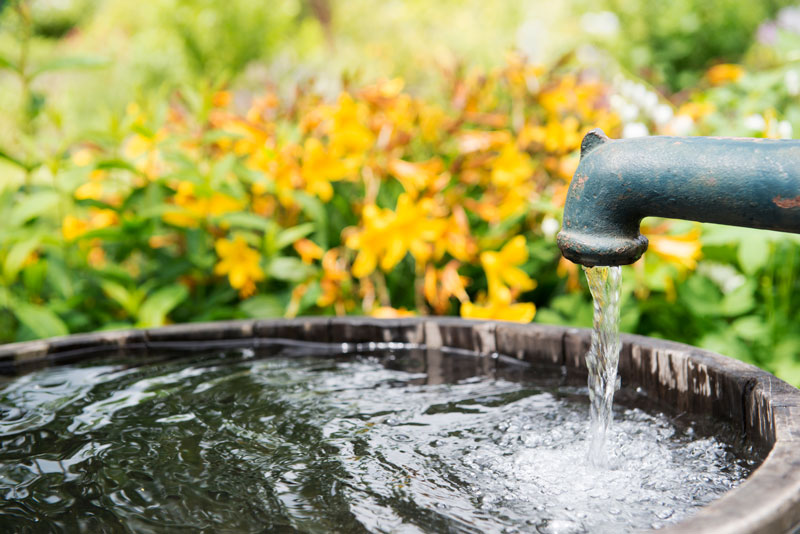- What is water law?
Water laws are the governing rules pertaining to landowners who consume underground water for their resources. In Texas, a landowner’s water rights rely on whether water being consumed is groundwater or surface water. Usually, water laws are examined when a property owner has purchased land outside of a city’s municipalities.
- If there’s a well on my property, can I use it for livestock?
If you live in Texas, then you have the right to pump all of the water you can regardless of the effect to wells belonging to neighbors. So, consuming water for agriculture, livestock or yourself is perfectly legal.
- Can my neighbor and I use the same water source?
Yes, you are both allowed to use the same water source, but know that one party can cause the source to go dry. If your source depletes as a result of your neighbor’s pump, keep in mind that taking legal action against them may not be possible according to Texas law.
- What is a nonprofit water supply corporation?
A nonprofit water supply corporation is a company that provides water and sewer systems to local communities, private corporations, commercial or residential properties or military bases, amongst others. They help with flood control and maintain drainage systems.
- Do I have to get my water from a nonprofit water supply corporation designated to my area?
No, as a property owner, you can choose to drill your own water well, build your own sewer system or find another water provider if you are not satisfied with your current provider’s service or rates. However, taking this approach may require getting approval from the Public Utility Commission of Texas.
- Do the attorneys of Fryer and Hansen, PLLC only help nonprofit water supply corporations with their water rights?
No, our lawyers are highly knowledgeable in several areas of water law. They are ready to assist individual property owners, communities and other water distributors. Some topics they are able to help you with include domestic water law, contracts and leases and water transfers.
- What is the “Rule of Capture”?
The Rule of Capture states that not only does a homeowner have the right to the water that runs beneath their land, he/she can also collect as much as they need for household purposes and other uses. This implies that they can regularly collect groundwater as needed without having to worry about how it may affect neighboring wells.
- What are some limitations to the “Rule of Capture”?
There are five common law exceptions to the Rule of Capture. Three are recognized in the Texas Water Code (TWC). A landowner may not pump groundwater from a contaminated well or trespass onto someone else’s land to pump water from their well. As per TWC Section 36.002, a landowner may pump groundwater “without causing waste or malicious drainage of other property or negligently causing subsidence.”
- What are Groundwater Conservation Districts?
Groundwater Conservation Districts (GCDs) manage groundwater resources such as the drilling and pumping of water. They issue water well permits, develop management plans and create rules for these plans. The GCDs can oversee water well spacing, construction and drilling. Even wells that are exempt from registration and being permitted are subject to some of these rules to prevent the pollution of an aquifer’s groundwater.
- What is surface water?
Surface water is any water in a watershed that empties into a stream, lake, river, etc. It also includes any rainwater, storm water and floodwater that enter any of these bodies. Any water that travels into the state by other sources like beds or streams, or by facilities owned or operated by the state are also the state’s property.
- What can surface state water be used for?
According to Texas Water Code Section 11.023, state water can be used for municipal, domestic, agricultural and industrial use, mining and the recovery of minerals, hydroelectric power, navigation, recreation and pleasure, public parks, game preserves and any other uses that benefit the public.
- How does someone get permission to use state water?
An application needs to be submitted to the Texas Commission on Environmental Quality with the proper information stated in the Texas Water Code. Information that should be included is the source of water supply that an applicant plans to use, their reasons for using it, how much water they will be using and for how long. There is also an application fee that must be paid when applying.
